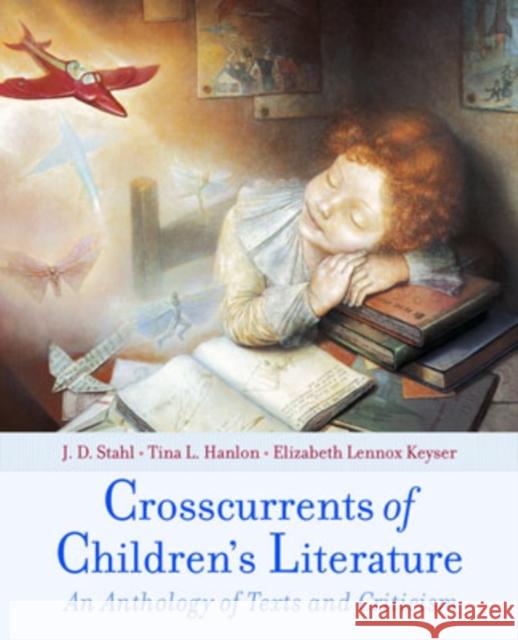Crosscurrents of Children's Literature: An Anthology of Texts and Criticism » książka
Crosscurrents of Children's Literature: An Anthology of Texts and Criticism
ISBN-13: 9780195134933 / Angielski / Miękka / 2006 / 1080 str.
Does children's literature portray the authentic perspectives of children, or does it present the views of the adults who write, sell, and review the books? How does it demonstrate the ways in which perceptions of childhood have developed over the centuries? How are issues of censorship and freedom of speech brought to light in children's books?
Addressing these and many other issues, Crosscurrents of Children's Literature: An Anthology of Texts and Criticism is the only anthology of classic and contemporary readings in children's literature to combine primary works with related critical essays. Organized thematically around modern critical debates, the selections explore how children's literature integrates instruction and entertainment, oral and written traditions, realism and fantasy, words and pictures, classics and adaptations, and perspectives on childhood and adult life. Illuminating the rich diversity of children's literature studies, the book incorporates approaches from several different fields including psychology, education, history, cultural studies, and literary criticism. It spans a wide range of literary periods and genres, balancing contemporary and historical texts, excerpts and longer selections, traditional and nontraditional materials, and English and translated works. The volume includes Native American and African American writings and offers insights into a variety of cultural and ethnic traditions. It is enhanced by introductory essays, illustrations, an alternate table of contents organized by genre, a timeline, and a bibliography of critical works. An Instructor's Manual and a Website (http: //crosscurrentsoup.org) provide additional helpful resources.
Examining how literary forms and genres, diverse influences, and evolving attitudes toward childhood have shaped the field of children's literature, Crosscurrents of Children's Literature: An Anthology of Texts and Criticism encourages students and other readers to challenge common assumptions about children, childhood, and children's books.











